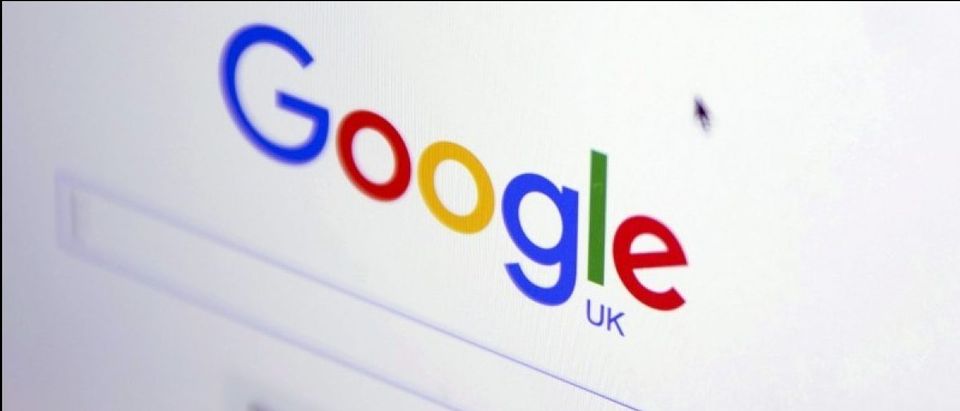Permission-less innovation allows private parties to develop their wares outside the auspices of heavy-handed government regulation. Perhaps some of its most successful practitioners live in Silicon Valley, where innovators in the IT industry have thrived precisely because government hasn’t regulated them into submission with design requirements or engineering mandates.
One of the more useful developments emerging from that environment is Wi-Fi technology – i.e., a wireless communications protocol that operates in the permission-less, unlicensed spectrum bands. It has untethered computing power and communications from the wall, adding functionality and mobility to an ever-growing list of Internet connected devices and services. Not only is it in our smartphones, tablets, laptops and PCs, it’s in our cars, refrigerators and our HVAC systems, too.
Its development continues and its value grows. But how?
Nearly three decades ago, the FCC decided to unleash what were once considered “garbage bands” of wireless spectrum – more commonly known today as unlicensed spectrum. In these bands (which are also occupied by cordless telephones, wireless mics, garage openers, etc.), there is no need to ask for a license – or permission – from the FCC to operate. There, the agency’s Part 15 rules guide technical development and operation in a minimal, neutral and transparent manner for all players. Importantly, issues of technological coexistence and interference have been left up to the industry and marketplace to be decided instead of through detailed regulation from bureaucrats.
Not surprisingly, this light regulatory system worked. An explosion of growth and innovation has resulted in the vibrant, permission-less space – over $220 billion annually in economic activity alone. This, and the societal benefits attendant to it, will only grow as mobility dominates our communications landscape.
If you read these pages, you may know that a number of communications carriers, infrastructure companies and chipmakers have announced their intensions to rollout a new service called LTE-Unlicensed (LTE-U) that operates in unlicensed spectrum. This new service seeks to alleviate crowded cell networks by off-loading resource-intensive data via small portions of the permission-less, unlicensed spectrum. This new and advanced technology will help mobile consumers – all of them, even those who don’t use it directly.
But if Google and Big Cable have their way, that won’t happen– or at least, it’ll need to be on their terms. They say that new unlicensed technologies like LTE-U will somehow interfere with the Wi-Fi commons, and because Google and Big Cable want to dominate the unlicensed airwaves with their own services, they are asking FCC regulators to force developers of LTE-U to seek special permission, testing and clearance before LTE-U can go forward.
This is nonsense.
Industry tests show that LTE-U coexists peacefully with Wi-Fi. In fact, in may even enhance the commons in which it operates. Further, the developers of LTE-U – who themselves have significant Wi-Fi interests of their own – are going out of their way to work with all stakeholders to assuage their concerns. In short, they’re playing by the same rulebook everyone else has.
But that’s not enough for Google and Big Cable. What they really want is to shut down a competitor. Each has a major Wi-Fi play they believe is threatened by a better, more secure, more robust offering, as seen in LTE-U. So, instead of competing based on merit, they want to bend the rules to determine who will “win” in the unlicensed space.
Just look at what they’re telling the FCC. In filing after filing after filing, Google, Comcast, and their proxies are demanding that the FCC act to essentially slow-roll or even deny permission to the developers of LTE-U to deploy their devices in the marketplace.
How does that comport with free market innovation policy?
It doesn’t. It’s rigged cronyism, pure and unadorned.
Consumers should decide what technologies succeed or fail in the mobile marketplace, not lobbyists for special interests. The FCC should see Google’s and Big Cable’s entreaties for what they are, and revoke their hall pass.


